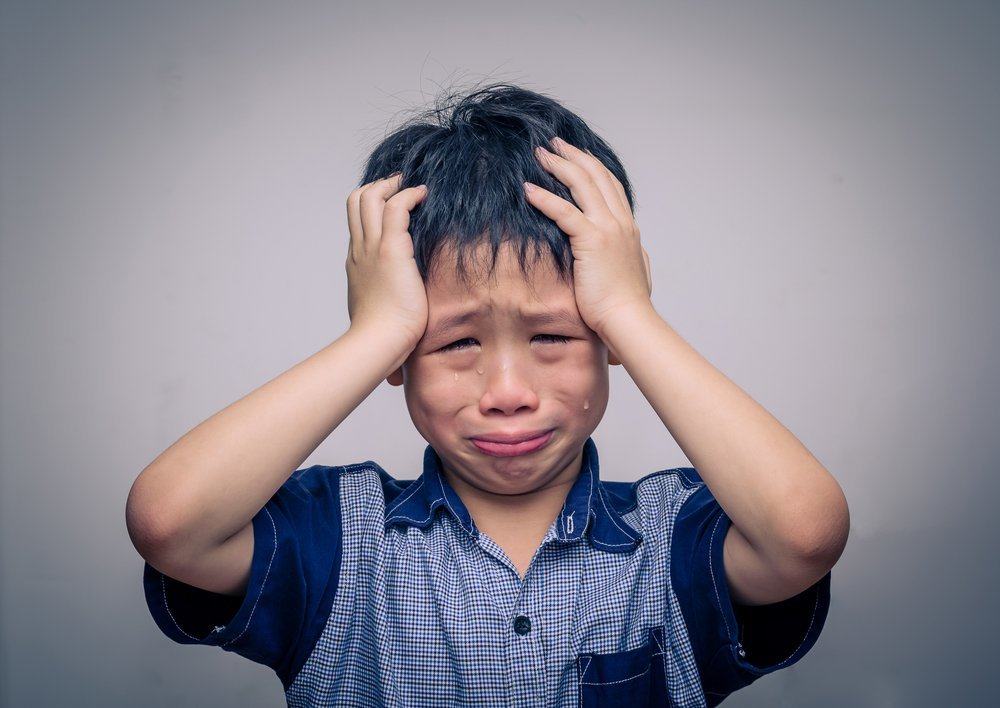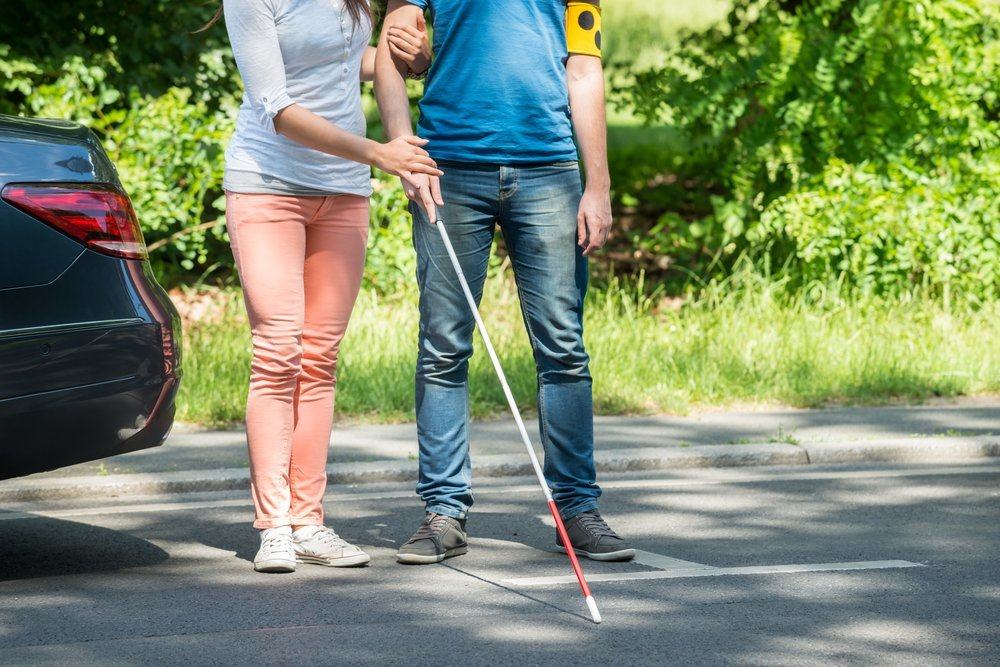Contents:
- Medical Video: About Kids Pain
- What is chronic pain?
- How can I relieve chronic pain in my child?
- Redirects, redirects, redirects!
Medical Video: About Kids Pain
When you see children in pain, parents always feel helpless. No parent wants to see their child sick, even when the child has grown up. This feeling will never change. Even more difficult when your child's pain is a result of a chronic condition. However, you must do your best to stay calm and be a reinforcer for your child.
What is chronic pain?
Chronic pain is a recurring or continuous pain that can affect anyone at any age. In children, this condition is estimated to affect 20% to 35% of children and adolescents worldwide. Children often experience chronic pain from muscle aches, headaches, and abdominal pain.
If left untreated, chronic pain can cause serious effects on your child's health. Unfortunately the pain in children is often overlooked because most children are afraid to talk about their pain to strangers.
But if your child gets treatment, the medication is usually used to treat pain in children. Non-opioid pain medications such as paracetamol or ibuprofen are used for mild pain. While moderate to severe pain can be treated with opioids such as morphine, some doctors may combine non-opioids with opioids for more effective treatment.
Your child can use opioid mediation by mouth or through a small infusion tube for a vein. You should ask your doctor about the possible effects and complications of these drugs. Some common side effects of opioids include:
- Nausea and vomiting
- Constipation
- Itchy
- Confusion
- Excessive sleepiness
- Breathing slows down
How can I relieve chronic pain in my child?
When your child is diagnosed, they may not tell the doctor about how they feel. Most children will act like this in front of authoritative figures. You can speak on behalf of your child and tell the team doctor about your child's illness. Tell when pain arises and what methods should be used to control pain. You can ask for help other than a doctor such as a social worker, child psychologist, spiritual care counselor or child specialist.
You can help doctors check for child pain. Ask your child where the pain is and how painful it feels, even though the younger children will usually feel any pain or even mild pain. Let the doctor know the words or expressions your child often uses to show pain or discomfort, especially with smaller children who cannot speak
After being diagnosed, you and your child will learn how to live with pain. This technique can also be a skill that you and your child can use to experience life in the future.
Redirects, redirects, redirects!
This strategy is very popular among people. Depending on what your child's interests are, you can give children different things to distract them from pain: music, art, reading, television, talking on the telephone, or other activities. When your child is really focused on one activity, they can forget the pain temporarily. Try different types of diversions to one that is useful for your child.
You can also use cold and hot therapies, massages, gentle touches and different positioning to calm your child's pain. Some environmental factors, such as loud noise can cause severe headaches. You can prevent it by dimming light, reducing noise, and limiting visitors. In smaller children, you can give them their favorite blankets or toys. Newborns and babies usually like to be able to suck oral sucrose (sweet water).
For children, it is always more soothing for them to have someone during the diagnosis. Having family members can help. Ask the nurse or doctor how you can help your child deal with their pain.
READ ALSO:
- Differentiating Stomach Pain Due to Gas, Appendicitis, or Kidney Stone
- How to Detect Pain in Children of Different Ages
- 11 Main Things That Cause Stomach Pain












